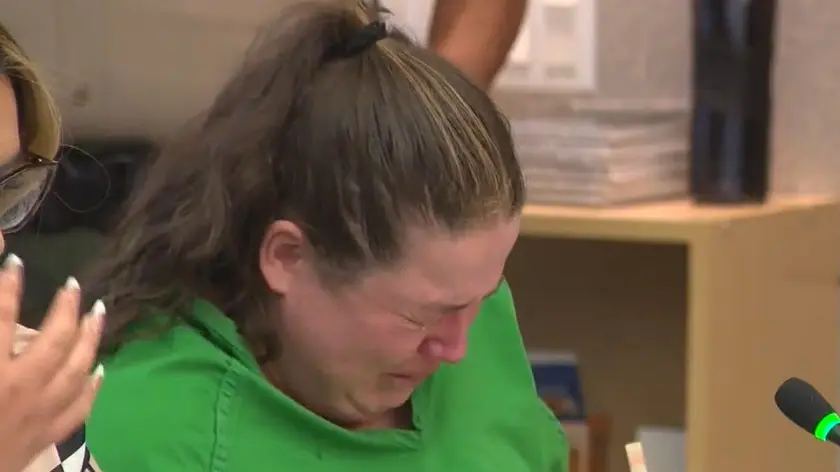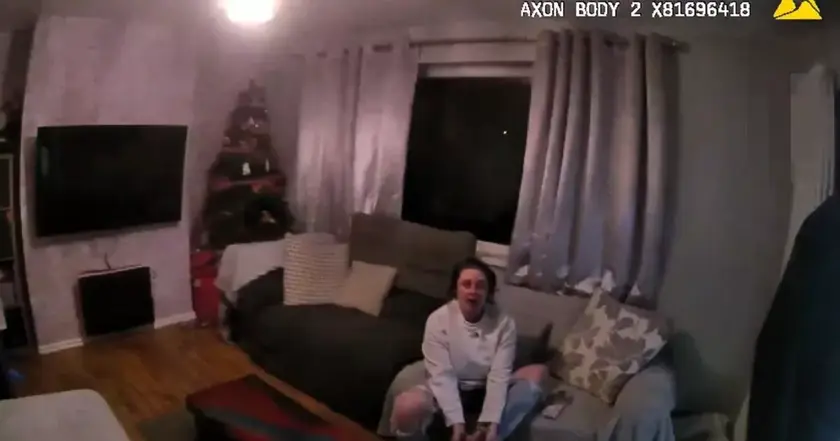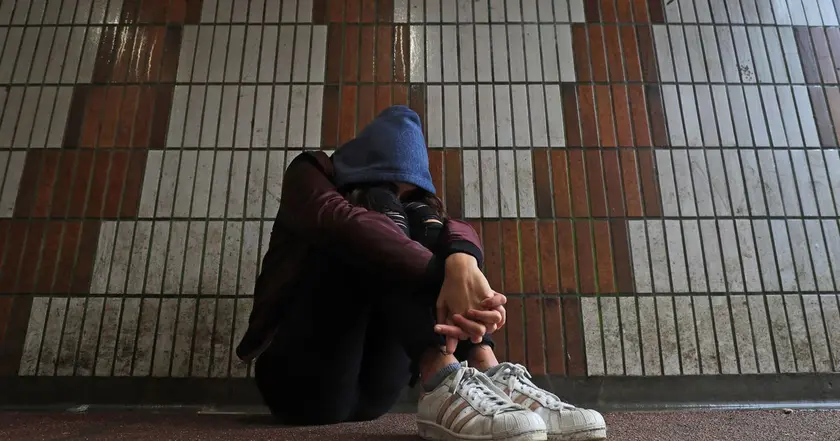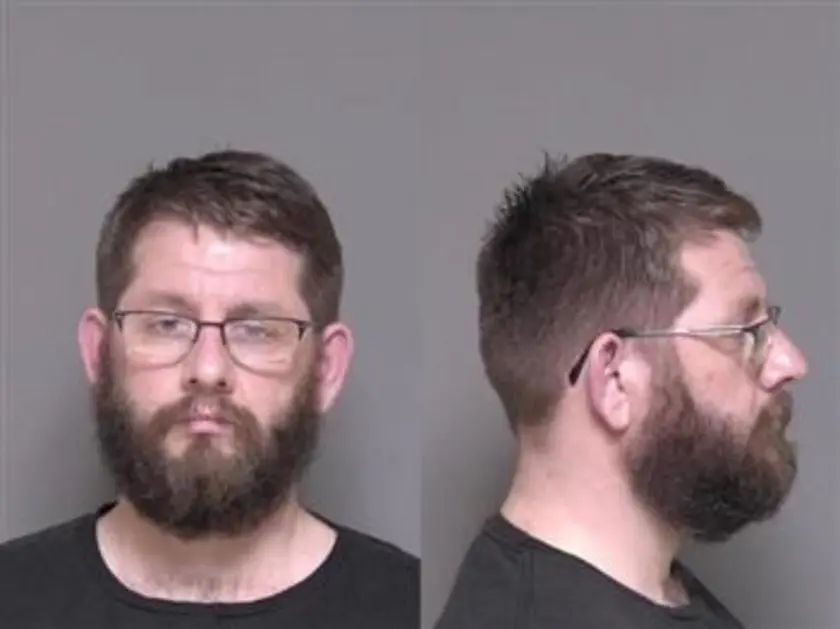T4K3.news
Urgent safety reminder after abuse case
A San Diego babysitter received a lengthy sentence after abusing young children and aiding a partner in the crimes. Communities are urged to review caregiver screening and online listings.

A San Diego babysitter was sentenced to 100 years to life after pleading guilty to delivering young girls to a pedophile boyfriend who molested them.
Babysitter given 100 years to life for delivering victims to pedophile partner
A San Diego babysitter, Brittney Mae Lyon, was sentenced to 100 years to life after pleading guilty to two counts of lewd acts on a child and two counts of forcible lewd acts upon a child. Prosecutors say she advertised online for babysitting services, gained the trust of families, and then delivered the young girls to her pedophile partner, Samuel Cabrera, who filmed the abuse. The victims were between three and seven years old, with some autistic and non-verbal. The case came to light in 2016 when a seven-year-old girl told her mother she no longer wanted to be alone with Lyon. An investigation led to Cabrera and Lyon’s arrest, and investigators found six computer hard drives with hundreds of videos of Cabrera abusing victims in a double-locked box in his car. Cabrera was sentenced to eight life terms without parole plus 300 additional years.
The trial and sentencing were delayed by Covid-19 courtroom closures and changes of attorneys. Lyon’s defense team asked for mercy, while parents of the victims spoke emotionally in court about the harm caused. The district attorney highlighted Lyon’s use of her credentials to lull families, and some victims’ parents said Lyon could face future danger if she were ever released. A change in California law now allows elder parole after 20 years of a sentence and when an inmate reaches age 50, a proposal critics say could undermine justice for victims and their families.
Key Takeaways
"The words 'I'm sorry' are far too simple for the amount of trauma I've caused."
Lyon's defense statement in court
"This is a slap in the face to drag us through this field of broken glass for 10 years only to give Brittney a break."
A victim's mother speaking at sentencing
"Lyon used her credentials to lull us into a state of comfort so we didn’t feel like we had to ask a lot of questions."
Mother describing Lyon's manipulation
"The age of 50 is hardly elderly in the realm of child molesters."
District Attorney Summer Stephan in reference to elder parole
The case exposes how caregivers can become access points for abuse when trust is tied to professional credentials. Online ads for babysitting services can reach families seeking help, but they also attract predators who exploit that trust. This raises questions about how background checks, platform vetting, and parental screening can keep kids safe without limiting legitimate care options.
Beyond punishment, the case highlights a debate over parole rules and safe-guarding future victims. If laws allow earlier parole based on age or time served, families fear a repeat pattern of harm and a fragile sense of closure. The stakes are not academic: a child’s safety depends on stronger screening, transparent reporting, and a robust response from communities that hire caregivers.
Highlights
- Trust is not a shield for danger.
- Parole rules should never let predators walk free.
- Families deserve safer oversight, not fragile promises.
- The age of 50 is hardly elderly in the realm of child molesters.
Parole policy and safeguarding risk
The case intersects with ongoing debates about parole rules and how caregiver listings online are regulated. Critics warn that earlier parole could expose more families to harm and that safeguards around caregivers and online ads must be strengthened.
The case invites a broader look at how communities screen caregivers and how laws protect the youngest and most vulnerable.
Enjoyed this? Let your friends know!
Related News

Maria Kovalchuk found injured after disappearance

Prosecutors fail to delete revenge porn images from offenders' devices

Mother jailed for shaking baby daughter to death

Kirsty Carless found guilty of murdering Louis Price

Man sentenced to 28 years for murder of estranged wife in Bradford

Camden hostel criticized after overdose death of resident

Kate Kniveton exposes decade of abuse by MP husband

Urgent probe urged into private care homes
